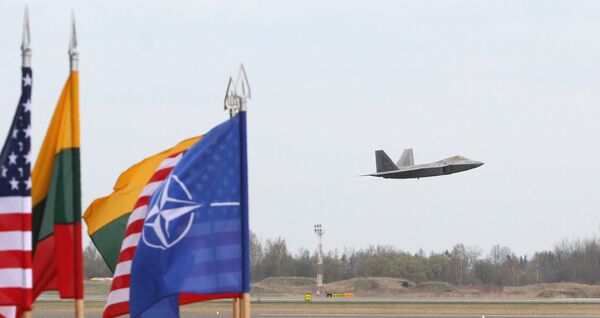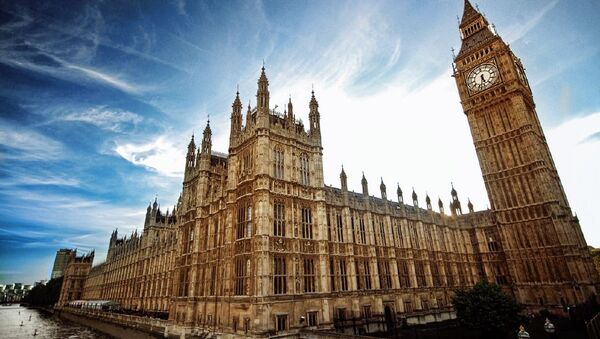On Tuesday, UK Defense Secretary Michael Fallon reiterated that London would veto any such proposal. High-ranking UK officials have made similar statements in the past.
The UK's tough stance on the issue reflects the country's reliance on the United States when it comes to foreign policy and Washington views an EU army as a challenge to its influence in Europe, political analyst Evsey Vasilyev told the Vzglyad newspaper.
"Great Britain has always acted as Washington's ally when it comes to EU security concerns. The US will not benefit from a unified European army because it will limit Brussels' dependence on Washington. Hence, London's stance on the issue," he explained.
German and French leaders have also voiced their support, but no one is urging to create the EU army tomorrow. Later this month, the EU will unveil its global strategy on foreign and security policies that will urge greater military cooperation among the bloc's members, but the initiative will not mention an EU army.

"Then there is the Organization for Security and Cooperation in Europe (OSCE) with its peacekeeping forces," Vasilyev narrated. But still "it is hard for the EU to carry out independent policies when tens of thousands of US soldiers are located in Europe as part of NATO forces."
EU expert Alexander Kamkin, a senior analyst at the Moscow-based Institute of Europe, pointed to the "special relationship" between the UK and the US as one of the reasons for the opposition to establishing an EU army.
"Washington and by extension London do not want the EU to move away from the US. American leadership is convinced that a unified European military will contribute to the EU's greater independence from the US. Washington cannot allow this to happen. For their part, some in the EU want" to sever this bond, he noted.
Kamkin offered other reasons for London's stated commitment to block the initiative.
"Firstly, the UK has special rights and a special status in the EU. Secondly, the initiative has been supported by Britain's two leading opponents, France and Germany," he observed. "In addition, military and industrial complexes in the US and the UK will not benefit from an EU army. If unified European armed forces are created, then European weapons will be needed."




